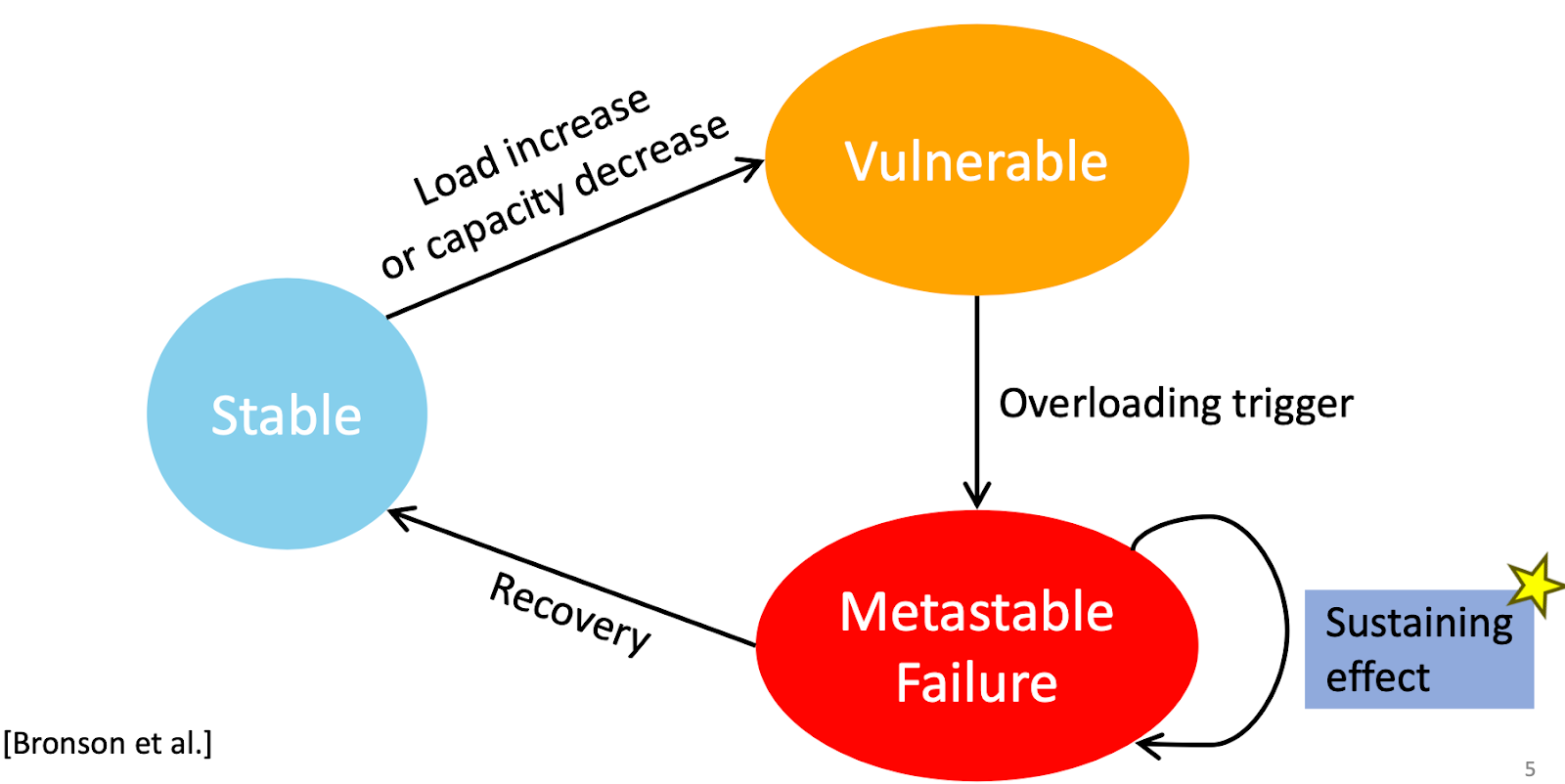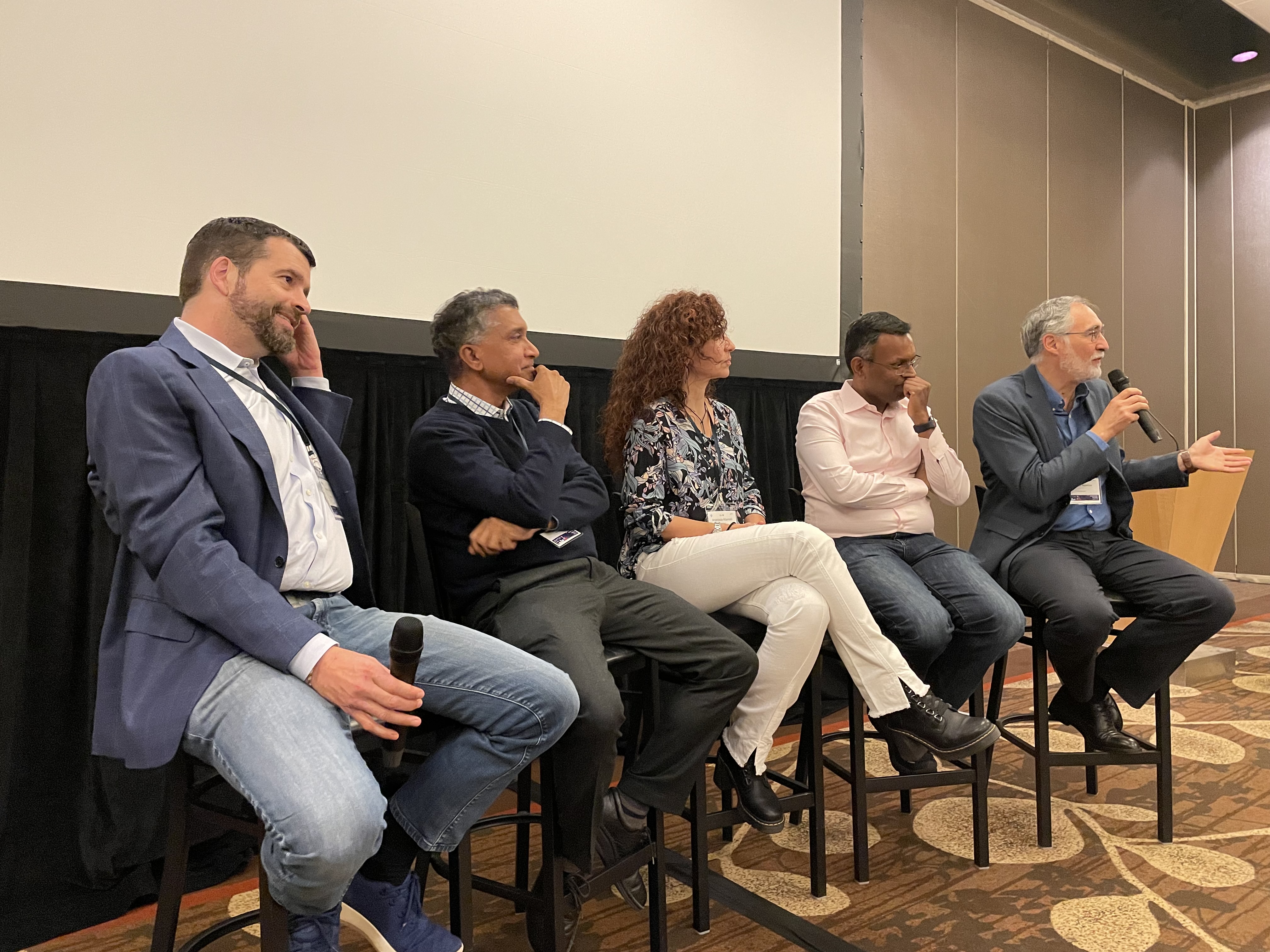Management
Managing your resources (energy, time, and students) is a nontechnical topic, but nevertheless it is essential for your success in academia. There isn't much talk or guidance in these topics at the graduate school. You are expected to attain these skills on your own or maybe acquire them by osmosis from professors and colleagues. Here I will keep it short, and just post my summary slides of 3 great books I read on management. The first one is the seven habits book . This book is about managing yourself as an effective person. I first read this book around 18 and found it long, tedious, and boring. Reading it again at 38, I think the book has great advice. Link to my summary slides on the seven habits book. Getting Things Done (GTD) is the best book on time and project management with low stress. This summer, do yourself a favor: Read the book, and adopt the GTD system ASAP. You will thank me later. Link to my summary slides on the GTD book. I am not aware of much work on







